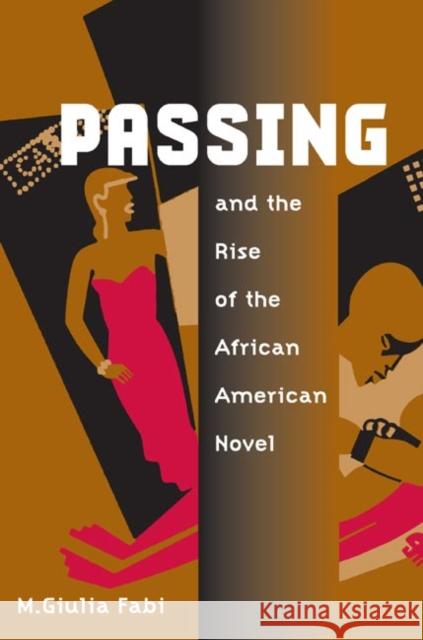Passing and the Rise of the African American Novel » książka
Passing and the Rise of the African American Novel
ISBN-13: 9780252072482 / Angielski / Miękka / 2004 / 208 str.
Passing and the Rise of the African American Novel restores to its rightful place a body of American literature that has long been overlooked, dismissed, or misjudged. This insightful reconsideration of nineteenth-century African-American fiction uncovers the literary artistry and ideological complexity of a body of work that laid the foundation for the Harlem Renaissance and changed the course of American letters.
Focusing on the trope of passing -- black characters lightskinned enough to pass for white -- M. Giulia Fabi shows how early African-American authors such as William Wells Brown, Frank J. Webb, Charles W. Chesnutt, Sutton E. Griggs, James Weldon Johnson, Frances E. W. Harper, and Edward A. Johnson transformed traditional representations of blackness and moved beyond the tragic mulatto motif. Celebrating a distinctive, African-American history, culture, and worldview, these authors used passing to challenge the myths of racial purity and the color line.
Fabi examines how early black writers adapted existing literary forms, including the sentimental romance, the domestic novel, and the utopian novel, to express their convictions and concerns about slavery, segregation, and racism. She also gives a historical overview of the canon-making enterprises of African-American critics from the 1850s to the 1990s and considers how their concerns about crafting a particular image for African-American literature affected their perceptions of nineteenth-century black fiction.











